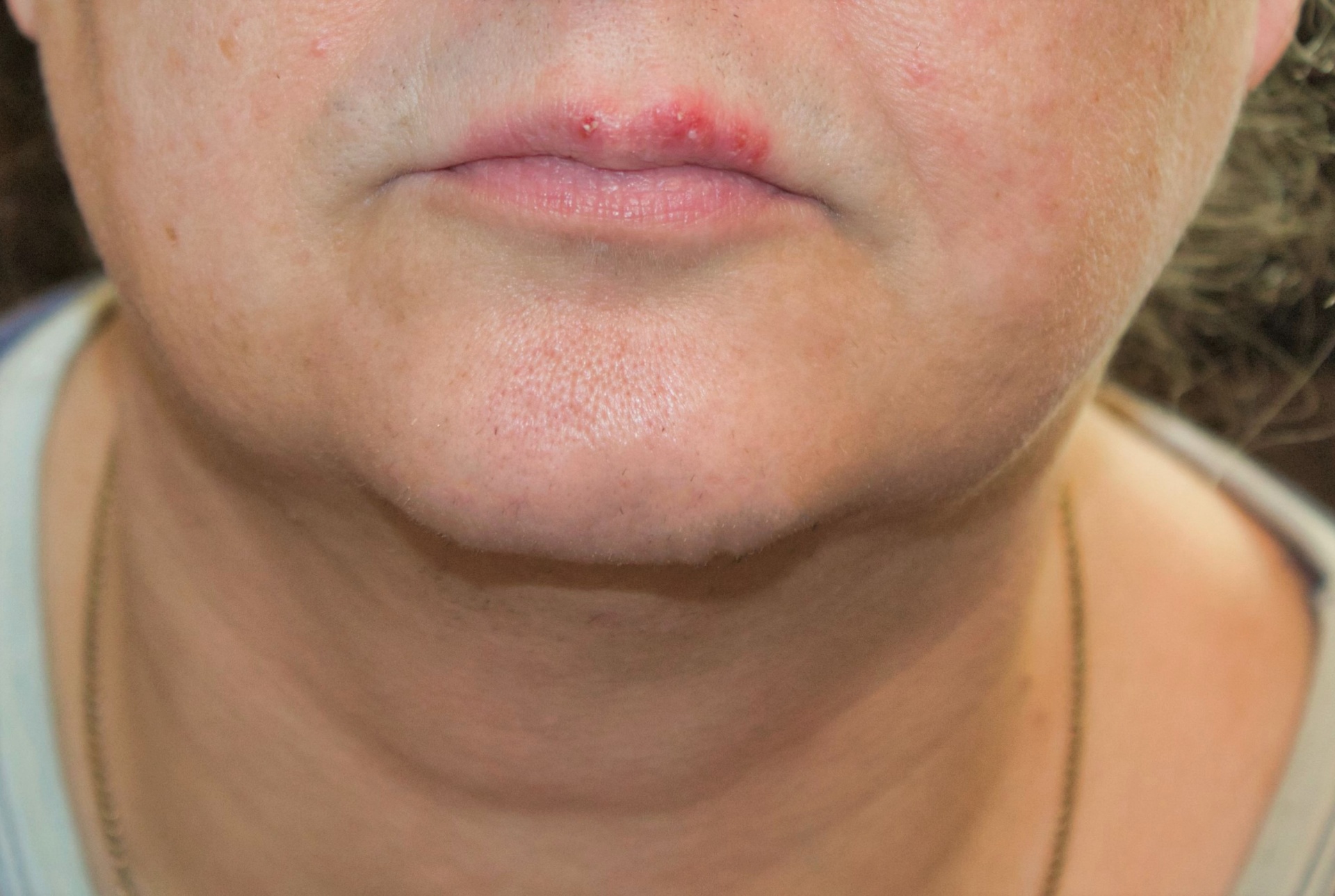We have all had times when we binge-watched a Netflix show for hours. Or we couldn’t control our excitement with a thriller novel and spent an entire night reading it to finish it. But did you know a medical term for being too obsessed with anything for too long? It’s called Hyperfixation.
There’s no harm in doing what we love, but being obsessed with it for long periods (for weeks or months) where we forget to take care of ourselves or function properly can deteriorate our mental health. Let us learn about Hyperfixation, the good and the bad, and how to treat it.
What is Hyperfixation?
Hyperfixation is a state where you’re obsessed with something or someone. It can be a hobby, a person, a place, an interest, etc. Sometimes, the terms Hyperfixation and Hyperfocus are used interchangeably, but there is a subtle difference. Hyperfocus is when you are engrossed with a task for a short period. The focus subsides when the work is over.
When you have Hyperfixation, you can stay engrossed with something for months. For example, a Tv show has ended, but you still keep thinking or talking about it. You keep seeing video clips of it on YouTube and participate in forum discussions for hours. Your obsession with the TV show may or may not disappear even if the show is over. Although, you can get over your addiction just as quickly as you got obsessed with it.
Hyperfixation vs Addiction
Both Hyperfixation and addiction can work as escapism from any problem you face. Anxious about a work project but don’t want to deal with it? Start reading a novel or watch something to forget about the problem temporarily. Or drink down your anxiety. Both addiction and Hyperfixation can give this temporary relief.
But with addiction, you repeatedly crave that substance or thing to which you’re addicted. It’s like the world will end if you don’t have it. A cup of coffee motivates you to work. If one day you don’t have coffee before work, you may feel down or get a headache, but you can live without it nevertheless. Addiction is when you can’t live without it. You would steal, kill, beg or borrow for that cup of coffee to get you moving.
Hyperfixation makes you obsessed with something, but you won’t feel like your world ended if you don’t obsess with it. You can stay obsessed with a book, a tv show, or even a person for months but then not care about it after some time.
Hyperfixation can be healthy if you are focusing on something productive. Hypefixated with your career? Good for you. The downside is that you will neglect other important aspects like family and friendships, which is unhealthy. You can still get out of it if you want.
Addiction is never good because it makes you depend on another thing and makes you a cripple without it. It’s unsustainable and maladaptive. You can get out of Hyperfixation by yourself but generally need external help (like rehab) to get out of addiction. It is more temporary than addiction.
Hyperfixation in Mental Health
Hyperfixation is also called Hyperfocus in ADHD patients. It generally associates with the following mental health illnesses:
- Obsessive Compulsive Disorder (OCD)
- Depression
- Anxiety Disorders
- Schizophrenia
- Autism Spectrum Disorders (ASD)
People with ADHD, ASD, and other neurodivergent disorders are likely to Hyperfixate more than people without these disorders.
Symptoms:
You know you have Hyperfixation with something/someone if you do the following:
- Being so engrossed in something that you’re unaware of your surroundings.
- Losing track of time.
- Ignoring your responsibilities.
- Not doing basic chores.
- Poor maintenance of eating or sleeping timings.
- Not talking or listening to other people. Completely zoning out.
- Being unable to control your actions related to your interest.
Are there any Dangers of Hyperfixation?
Hyperfixation is unhealthy if you use it as a coping mechanism to escape from your stress and problems. Avoiding your problems for long periods with distractions will not solve them. Keeping them pending for too long may give rise to new issues. Sometimes, we look for activities that give us an instant dopamine rush to avoid pain and anger. Running away from your feelings will never help you come to terms with them or overcome them.
Some of us may even Hyperfixate ourselves on memories or stuff that negatively impacts us.
You might even start ignoring your family, friends, and well-being when you focus on something too much. Forgetting to eat, sleep and bathe is not good now, is it?
The Healthy Side of Hyperfixation
With all its dangers, Hyperfixation also has its plus points. When you hyper-fixate your energy to develop yourself or your skill set, it gives an abundance of motivation and energy. I was recently Hyperfixated about getting fit. I worked out twice daily, researched how to keep a lean body, and ate healthily. It acted as a temporary boost to improve myself. Now, I couldn’t regularly focus anymore. I wish I were.
How Do you Control Your Hyperfixation?
You don’t have to abandon your interests if you keep your Hyperfixation under control. Here’s how you can control them
- Set a time for your activities
Set a timer when you indulge in the activity you’re hyper-fixated with. Try to stop whatever you’re doing after the timer goes off. Schedule another exercise right after it, so you don’t return to doing it. Reward yourself if you successfully stick to your scheduled time.
- Try Something New
You keep gravitating towards the same thing because it’s easier to do than trying something new. If you’re tired of your Hyperfixation with something, plan a different activity in its place. Something more interesting. Stop watching video clips of the TV show and listen to a new song in its place. Or read a novel. You may not feel like it, but it works wonders to escape the obsession.
- Address the Root Cause of it
We often don’t realize when we use Hyperfixation as a coping mechanism. Today, before you indulge in your activities, pause and ask yourself why you’re doing it. Are you escaping your problems or using them to destress yourself? Solving the underlying cause often automatically stops the obsession.
- Stay Connected to your Surroundings
When you feel like you’re focusing too much on something, stop and talk to those around you. If you can’t control your urges by yourself, ask your friends and family to help you. Talking to people helps in coming out of that trance state.
- Start at an Appropriate Time
If you have trouble stopping an activity, know when to start. Don’t start an activity you know you can’t stop during bedtime or work. Get your job done for the day and set aside a time where you’ll spend on your interests.
Conclusion
Hyperfixation isn’t inherently dangerous if you keep it under control and use it for the correct purposes. It may even become your superpower as it temporarily boosts your energy to improve yourself. If you’re going too far, take a step back and reflect. Hyperfixation is something that you can overcome by yourself, even if it may sound difficult initially.




